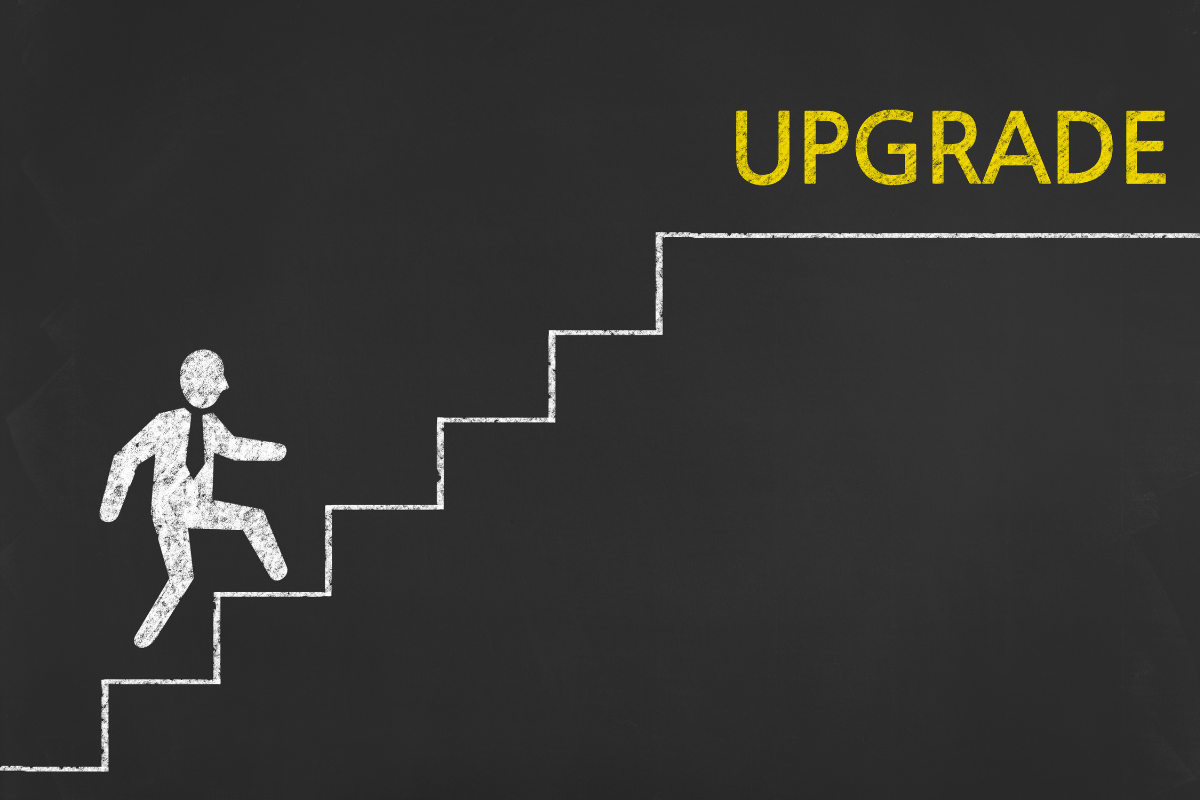Anúncios
When running a business, having the right equipment is non-negotiable. Whether it’s industrial machinery, office computers, or vehicles, businesses need tools to function efficiently. But should you rent or buy? That’s the million-dollar question.
Some business owners prefer the flexibility of renting, while others believe owning equipment is a smarter long-term investment. So, which option actually saves you more money? Let’s break it down.
Understanding the Costs Involved
Upfront Costs: Renting vs. Buying
Buying equipment requires a large upfront investment. This can put a strain on your business’s cash reserves. On the other hand, renting allows you to spread out costs over time, making it a more budget-friendly option in the short run.
Anúncios
Long-Term Financial Commitment
Ownership means ongoing costs—maintenance, insurance, storage, and eventual replacement. Renting, while requiring regular payments, often includes maintenance and insurance in the contract, reducing unexpected expenses.
Depreciation and Resale Value
When purchasing equipment, it’s important to consider depreciation. Over time, machinery and tools lose value, which can impact your business’s financial standing. While owning equipment gives you the option to resell it later, the resale value may be significantly lower than the original purchase price. Renting eliminates this concern, as you only pay for usage without worrying about declining asset value.
Flexibility and Scalability
Renting offers greater flexibility, especially for businesses with fluctuating project demands. If your workload increases, you can quickly acquire additional equipment without a large capital investment. Likewise, when a project ends, you can return rented equipment without dealing with storage or resale. In contrast, ownership ties up capital in assets that may not always be in use, potentially leading to inefficiencies in resource allocation.
Anúncios
Cash Flow and Budgeting Considerations
Renting Helps with Cash Flow Management
For startups and small businesses, renting can free up capital for other investments like marketing, hiring, or product development. Instead of sinking money into equipment, businesses can allocate resources where they’re needed most.
Buying for Long-Term Stability
If your business relies on a specific piece of equipment for daily operations, buying might be the better choice. Over time, ownership can be more cost-effective than continuous rental payments.
Tax Benefits and Deductions
Tax Advantages of Renting Equipment
Renting expenses are typically 100% deductible as an operating expense in the same year, making it an attractive option for tax savings.
Depreciation Benefits of Buying Equipment
Purchasing allows businesses to depreciate assets over time, spreading tax benefits over multiple years. This can be beneficial for companies with stable revenue.
Maintenance and Repairs
Who Covers Repairs in a Rental?
Most rental agreements include maintenance and repair services, reducing the burden on businesses.
Ownership Means Full Responsibility
Buying means you’re responsible for repairs and maintenance, which can be costly—especially for high-tech or heavy equipment.
Flexibility and Upgrades
Easy Upgrades with Renting
Technology evolves fast. Renting ensures access to the latest equipment without having to sell and repurchase constantly.
Buying Limits Upgrade Options
If you own equipment, upgrading means selling the old unit or storing outdated tools, which can become a hassle.
Industry-Specific Considerations
Best Industries for Renting
- Construction: Short-term projects require temporary machinery.
- IT & Tech: Frequent upgrades make renting a smart choice.
- Healthcare: Medical equipment advances quickly.
Best Industries for Buying
- Manufacturing: Equipment is a long-term necessity.
- Agriculture: Machinery can be used for years with proper maintenance.
Availability and Accessibility
Renting often means faster access to equipment, while buying may require longer delivery or installation times.
Additionally, rental companies frequently update their inventory, giving you access to the latest technology without the need for costly upgrades. This can be especially beneficial in industries where innovation and efficiency are crucial. On the other hand, owning equipment means you have it readily available at all times, without relying on rental availability or potential wait times during peak demand periods.
The Impact on Business Growth
For growing businesses, renting is a low-risk way to scale. Established companies, however, may benefit from ownership in the long run.
Renting allows businesses to test new equipment and expand operations without a significant financial commitment, making it easier to adapt to market changes and project demands. This flexibility is especially useful for startups and companies experiencing rapid growth. However, for well-established businesses with predictable workloads, owning equipment can provide long-term cost savings and asset accumulation, strengthening the company’s financial position over time.
Contractual Obligations and Restrictions
Rental agreements often come with usage restrictions, early termination fees, and penalties. Owning equipment means complete freedom in how you use it.
However, rental contracts can also offer benefits such as maintenance coverage, flexible lease terms, and upgrade options, which can help businesses manage costs and access newer equipment as needed. On the other hand, ownership eliminates the need to comply with rental terms but comes with the responsibility of repairs, insurance, and depreciation, which can add to long-term expenses.
Resale and Asset Value
Equipment ownership provides a resale option when you no longer need it, helping recoup some costs. With rentals, once you’re done, you walk away with nothing.
However, selling used equipment can be time-consuming and may not always yield a high return, especially if the market demand is low or the equipment has depreciated significantly. Additionally, factors like wear and tear, outdated technology, and fluctuating resale values can impact how much you recover from the initial investment. Renting eliminates these concerns, allowing businesses to allocate funds elsewhere without worrying about asset depreciation or resale logistics.
Hidden Costs to Watch Out For
Extra Fees in Rental Agreements
- Overage charges
- Additional maintenance fees
- Damage penalties
Hidden Ownership Costs
- Depreciation
- Insurance
- Storage
Case Studies: Real-World Comparisons
- A startup construction company rented bulldozers for short-term projects, saving on maintenance and storage costs.
- A manufacturing firm bought high-end machinery, leveraging tax depreciation and long-term cost savings.
Meanwhile, a landscaping business opted for a hybrid approach—renting specialized equipment for seasonal projects while owning frequently used tools. This strategy allowed them to balance cost efficiency with operational flexibility, ensuring they had the right equipment when needed without overcommitting financially.
Which Option Saves You More?
The best option depends on your business model, cash flow, and long-term goals. Renting offers flexibility and lower upfront costs, while buying provides long-term financial benefits and ownership advantages. Analyze your business needs carefully before making a decision.
Ultimately, a balanced approach may be the most effective solution. Some businesses find success in renting equipment for short-term projects or specialized tasks while investing in ownership for essential, frequently used machinery. By evaluating usage patterns, financial resources, and industry demands, you can make a strategic decision that maximizes both cost savings and operational efficiency.
https://www.fieldex.com/blog/renting-vs-buying-equipment-which-is-better




